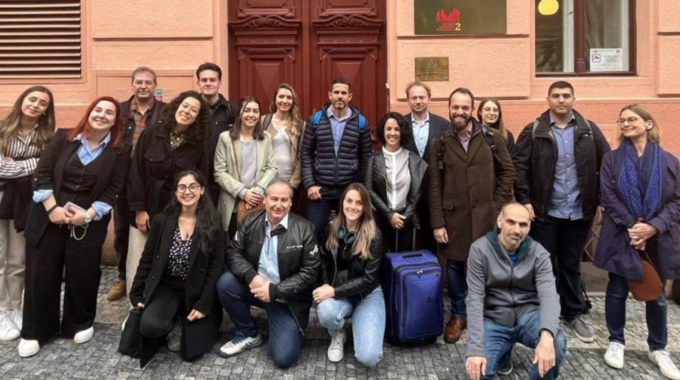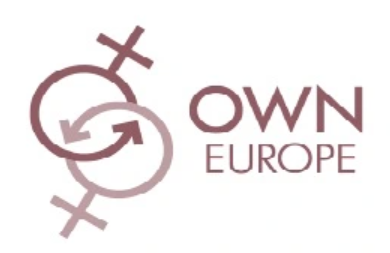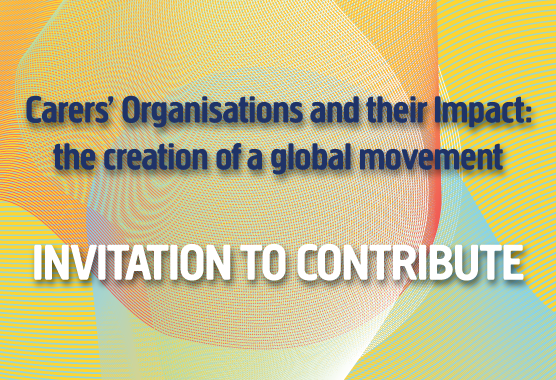
Integrated long-term care services in Europe – Introducing the Laurel project
This new EU-backed project will explore long-term integrated care and deliver actionable policies that European countries can put into practice to create more effective and equitable systems.
The goal of Laurel, which is backed by EU-funding of over €2.7 million, is to collect relevant information on different integrated long-term care services in Europe and create a white paper with policy recommendations for policy makers along with training tools for those delivering care.
The project coordinator is Albert Alonso, a researcher in the IDIBAPS Research and Innovation Directorate, based in Barcelona.
The kick-off meeting took place on February 7th and 8th at the Esther Koplowitz Building, was hosted by IDIBAPS and attended by twenty-one people from Laurel’s nine partner organisations.
IDIBAPS is the coordinator of Laurel, which has a duration of 36 months and involves nine partners from three different countries (Spain, Belgium and Netherlands). The consortium is formed by: the International Foundation for Integrated Care, Panaxea, the European Social Network, Social Economy Europe, Eurocarers, the European Health Telematics Association, AGE Platform Europe, and Universidad Politécnica de Madrid.
Long-term care services are intended for people who depend on help with daily living activities and who may also need permanent nursing care. There is currently a growing demand all over Europe for the necessary tools and resources to meet the needs of these dependent people. However, budget restrictions, lack of qualified staff and shortcomings in the quality of services are creating a troubling scenario for which appropriate responses are needed.
The LAUREL project aims to find answers to these problems by identifying the best innovative solutions in integrated long-term care services in the 27 EU countries. These innovative solutions will focus on person-centred care and take into account territorial inequalities and gender aspects.
To achieve its goals, the project pursues six expected objectives:
- Develop methods to map and characterise integrated long-term care services in the EU. Here, the focus is on identifying quality services that are accessible, affordable, transversally incorporate the gender perspective and take into account regional differences (rural/urban gap).
- Undertake a field study at European scale to identify the most successful innovative practices.
- Analyse the features and socio-economic context of the practices identified and use the knowledge acquired to recommend policies for their adoption/development, including supporting technologies.
- Carry out qualitative research in order to generate consensus around these policies, in this way favouring a shift to integrated long-term care while also analysing the best management strategies for bringing this shift to fruition.
- Produce a white paper on integrated long-term care that gathers together all the findings of the project and the consensually agreed actionable policies.
- Develop a set of training courses and tools to maximise the impact of the results.
The LAUREL project is funded by the European Commission through the Culture, Creativity and Inclusive Society Cluster.
More info on LAUREL on the project website
Don’t hesitate to subscribe to the LAUREL newsletter mailing list





